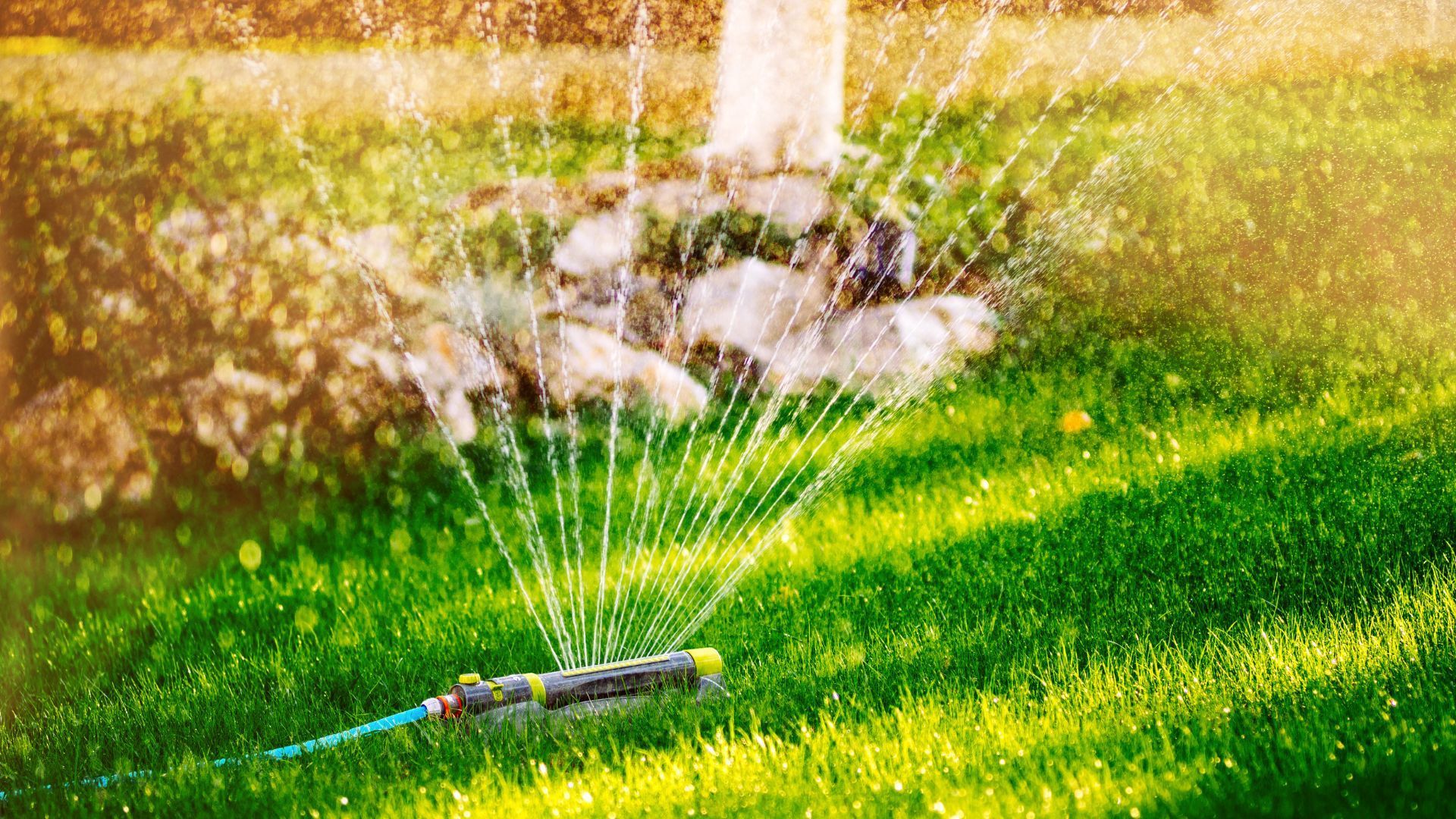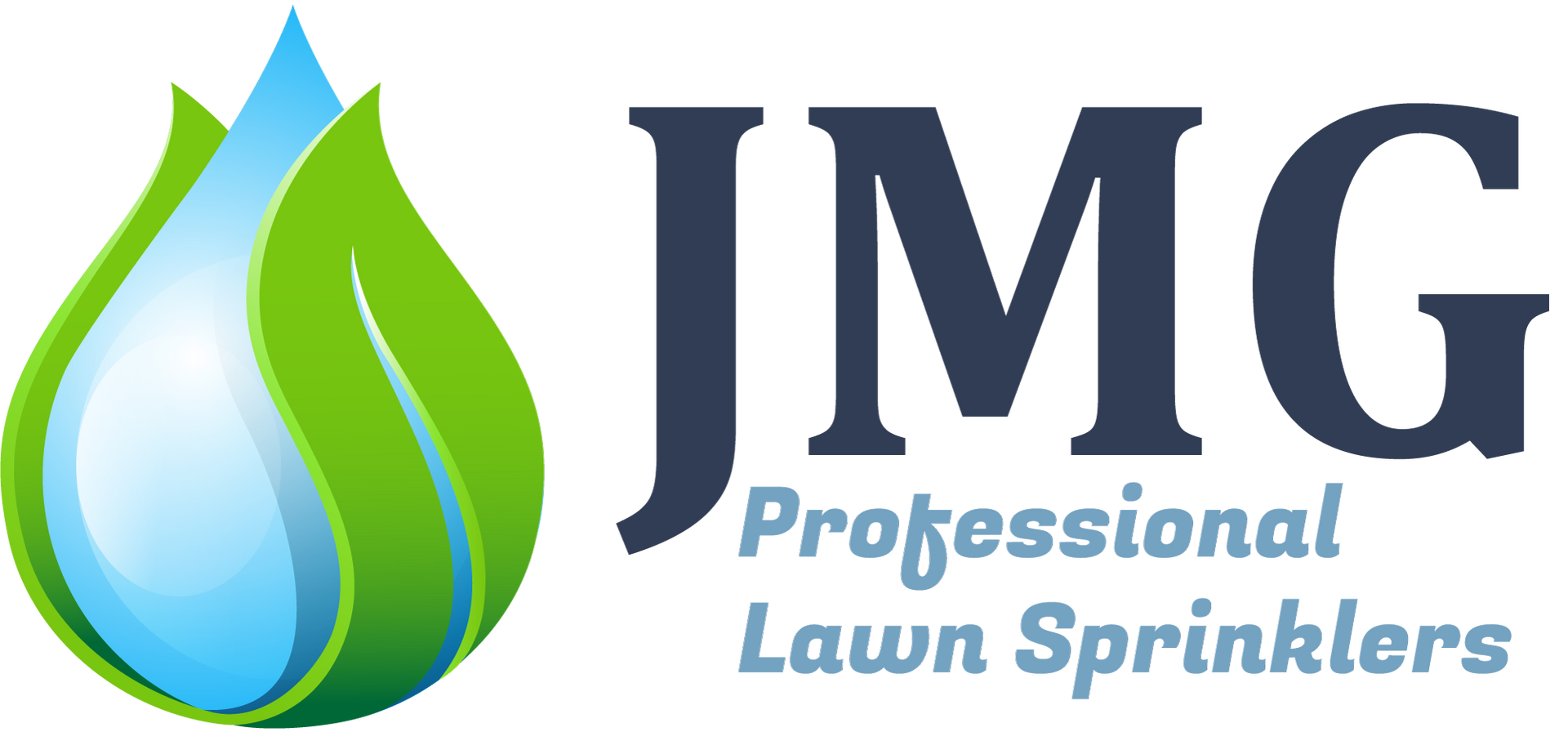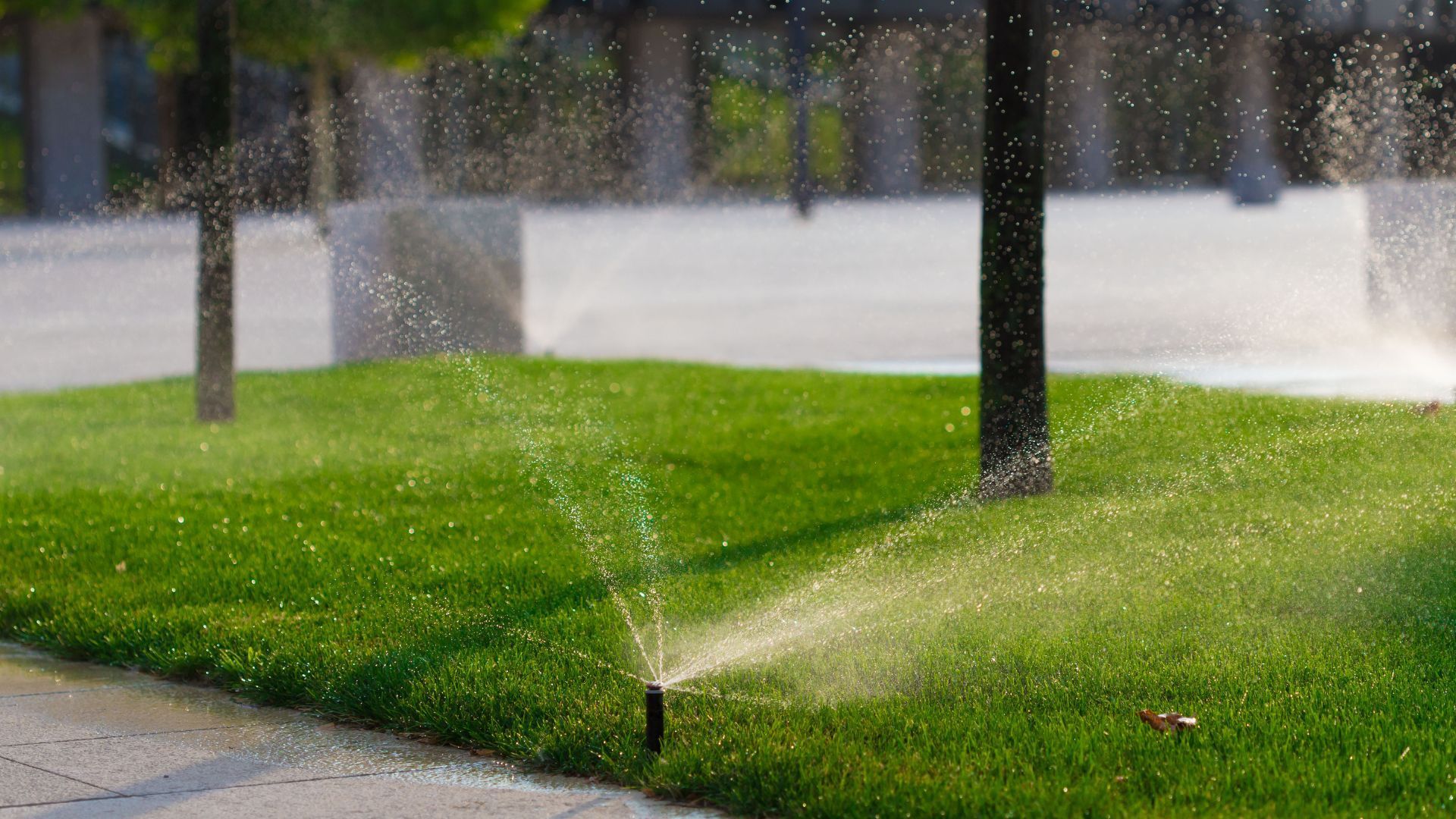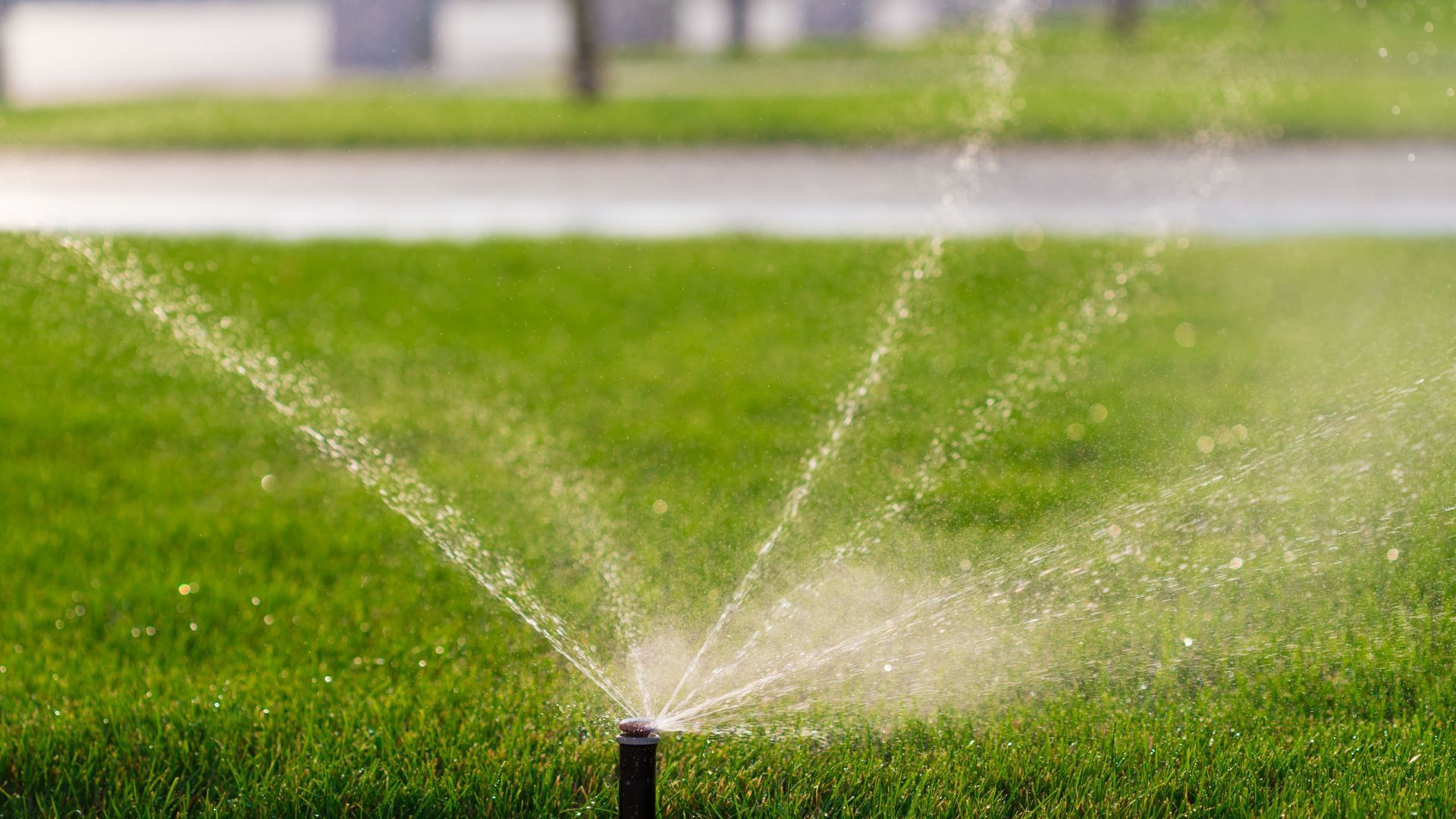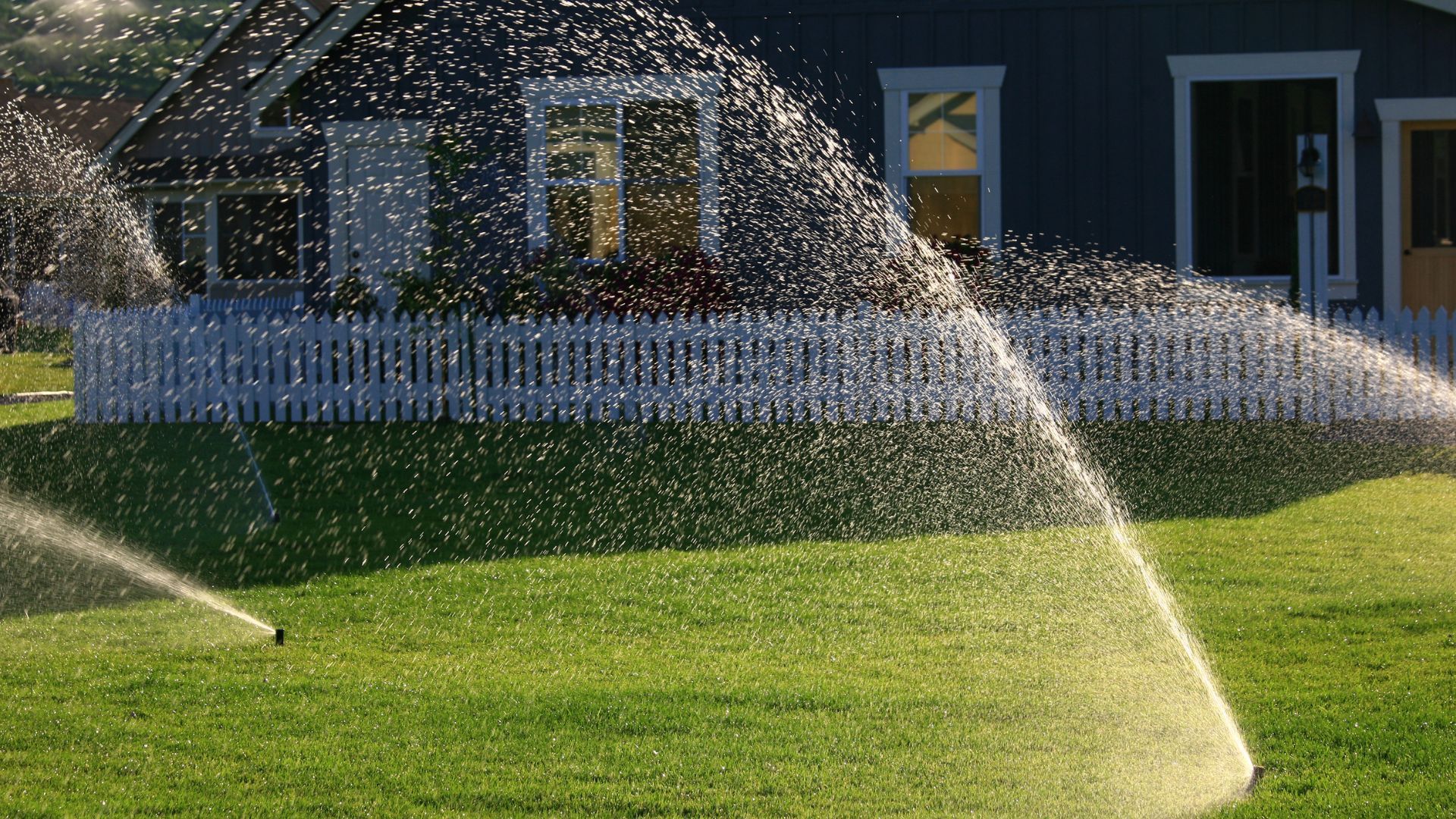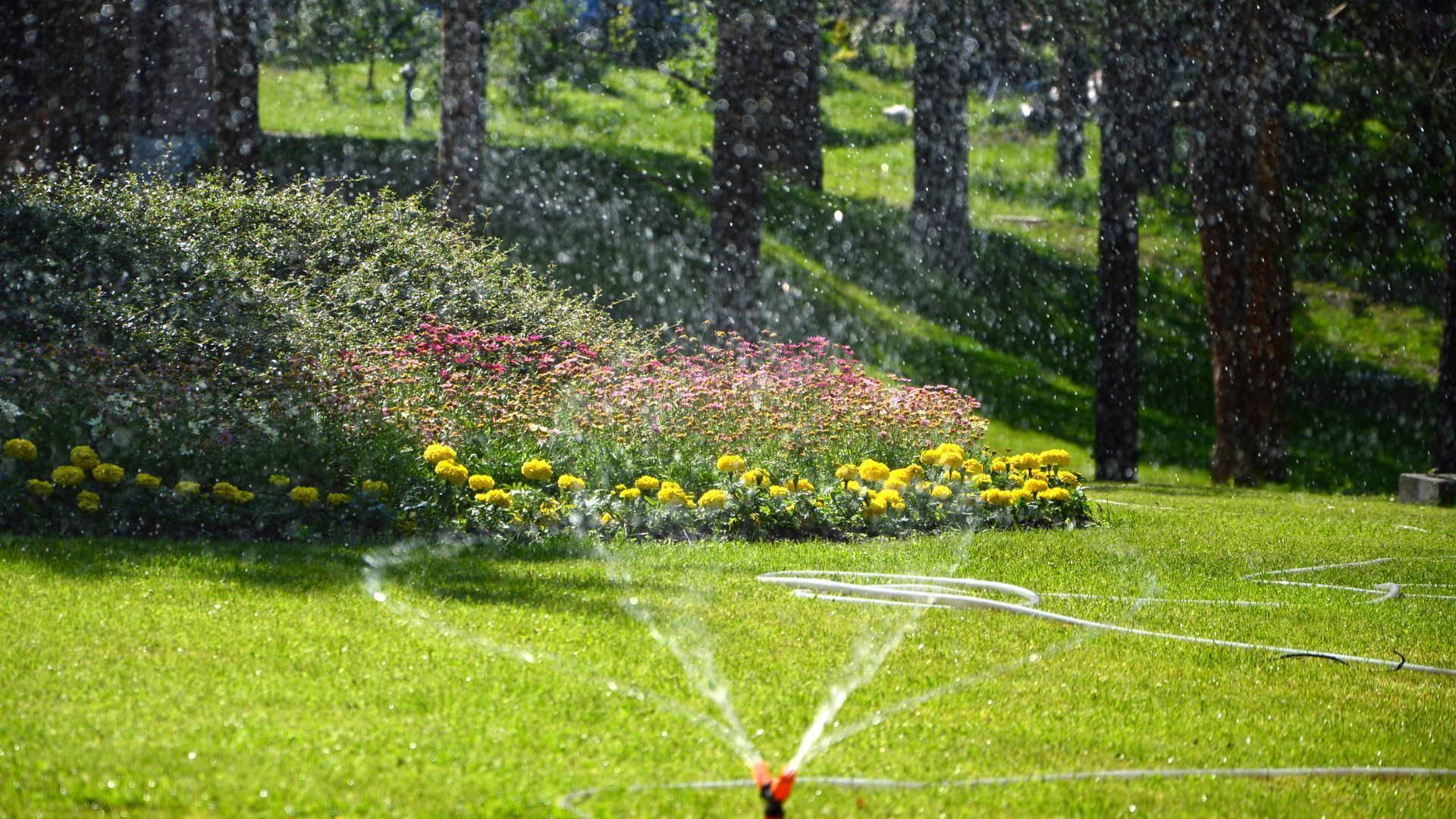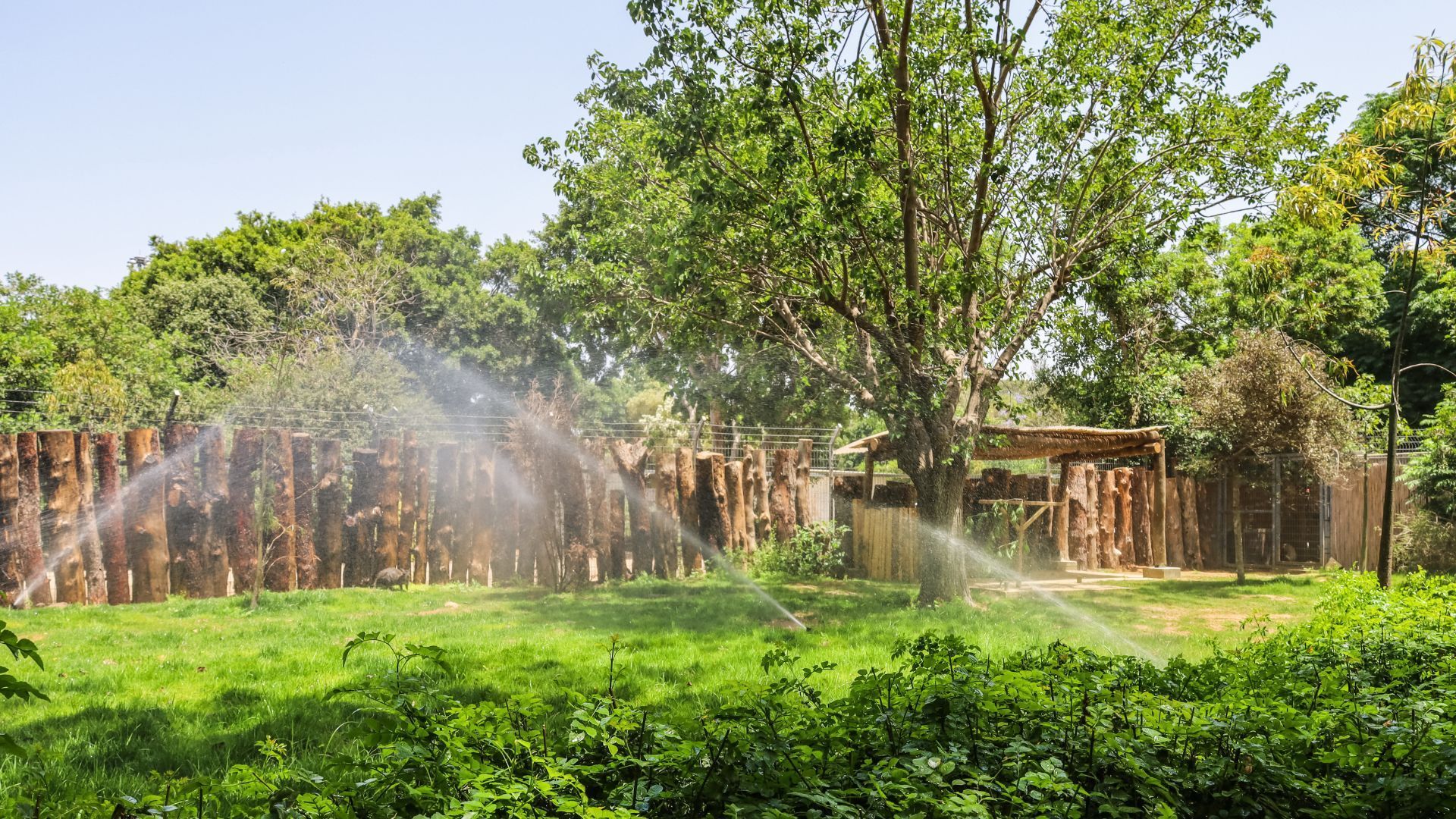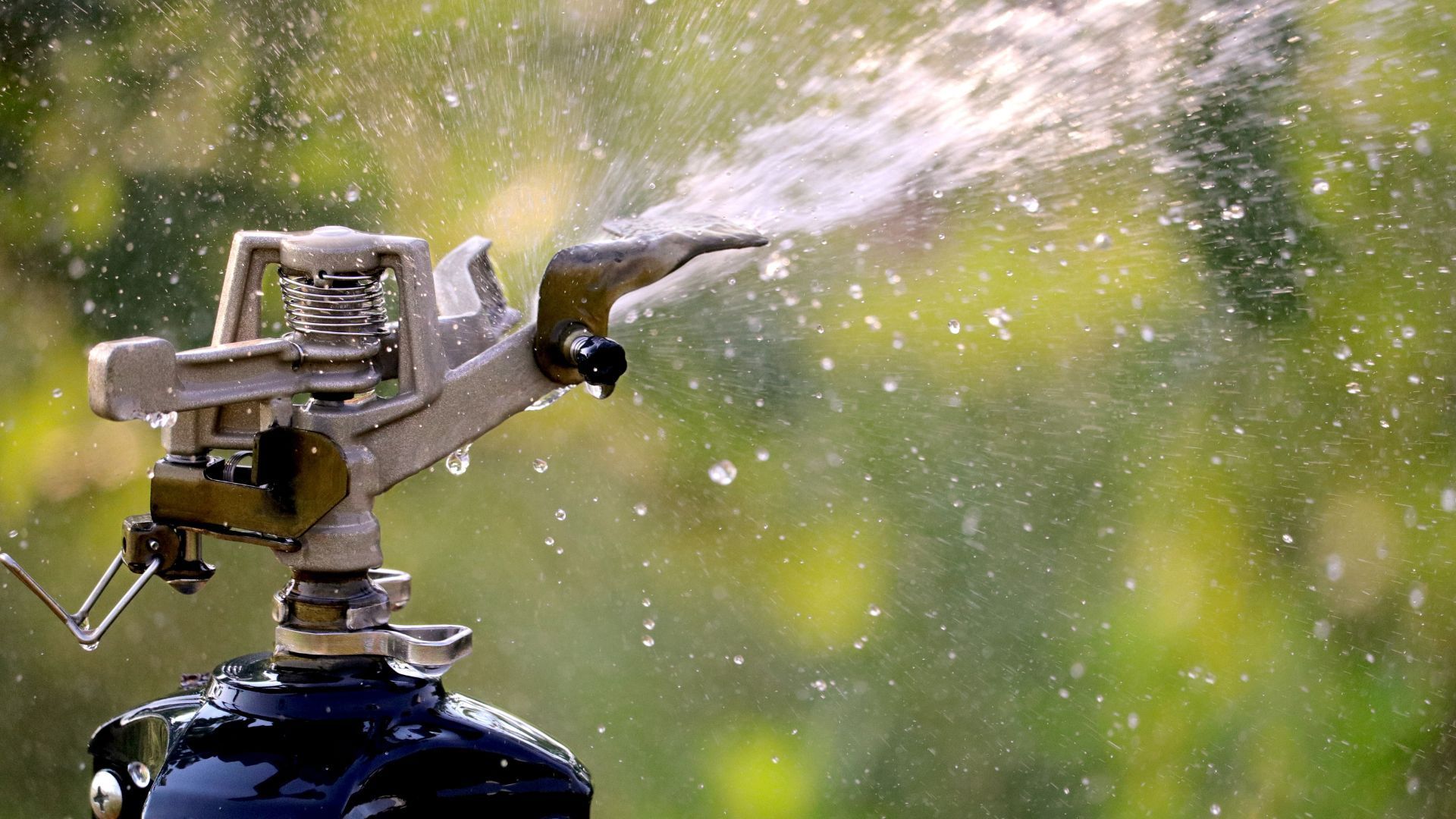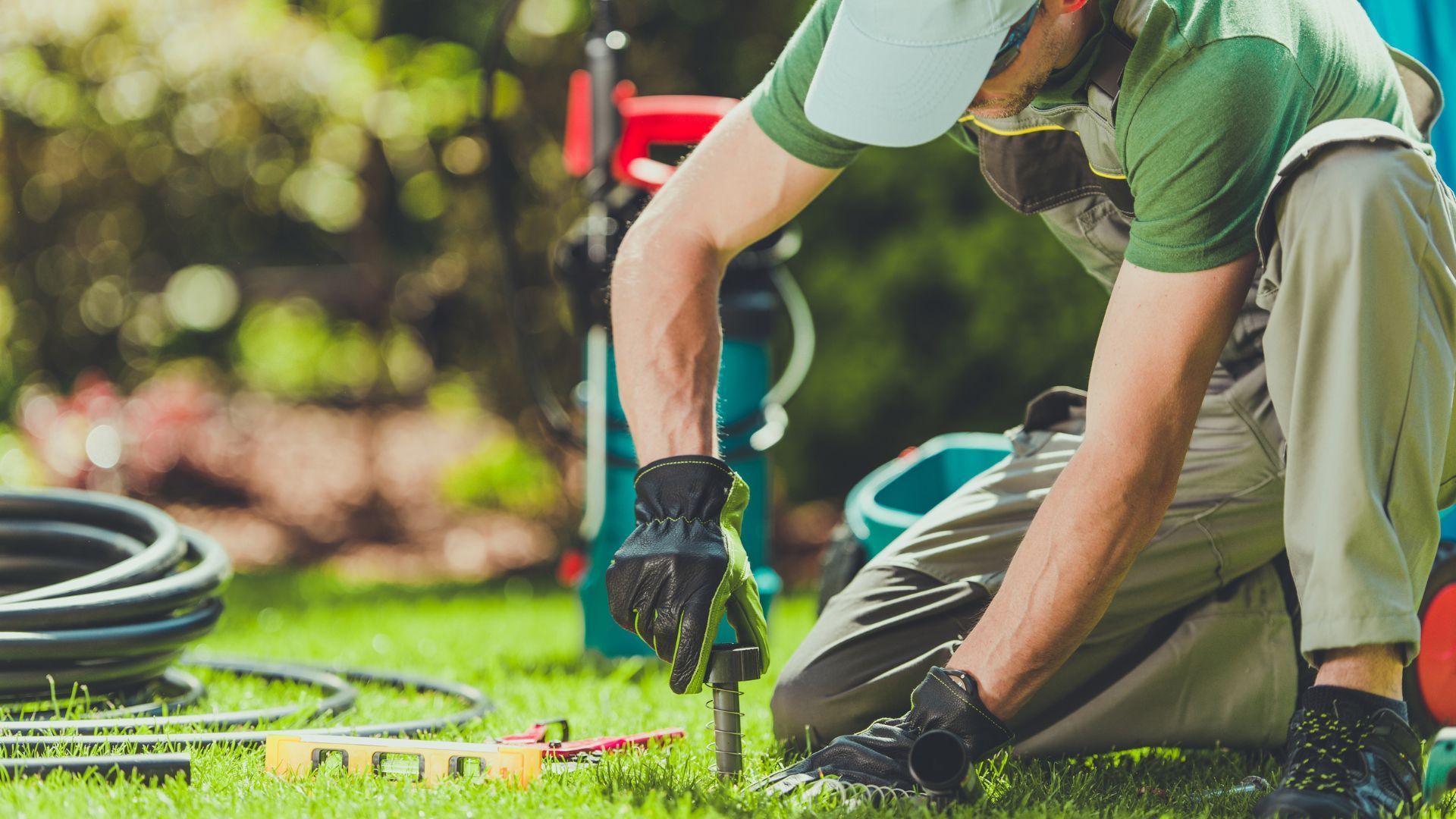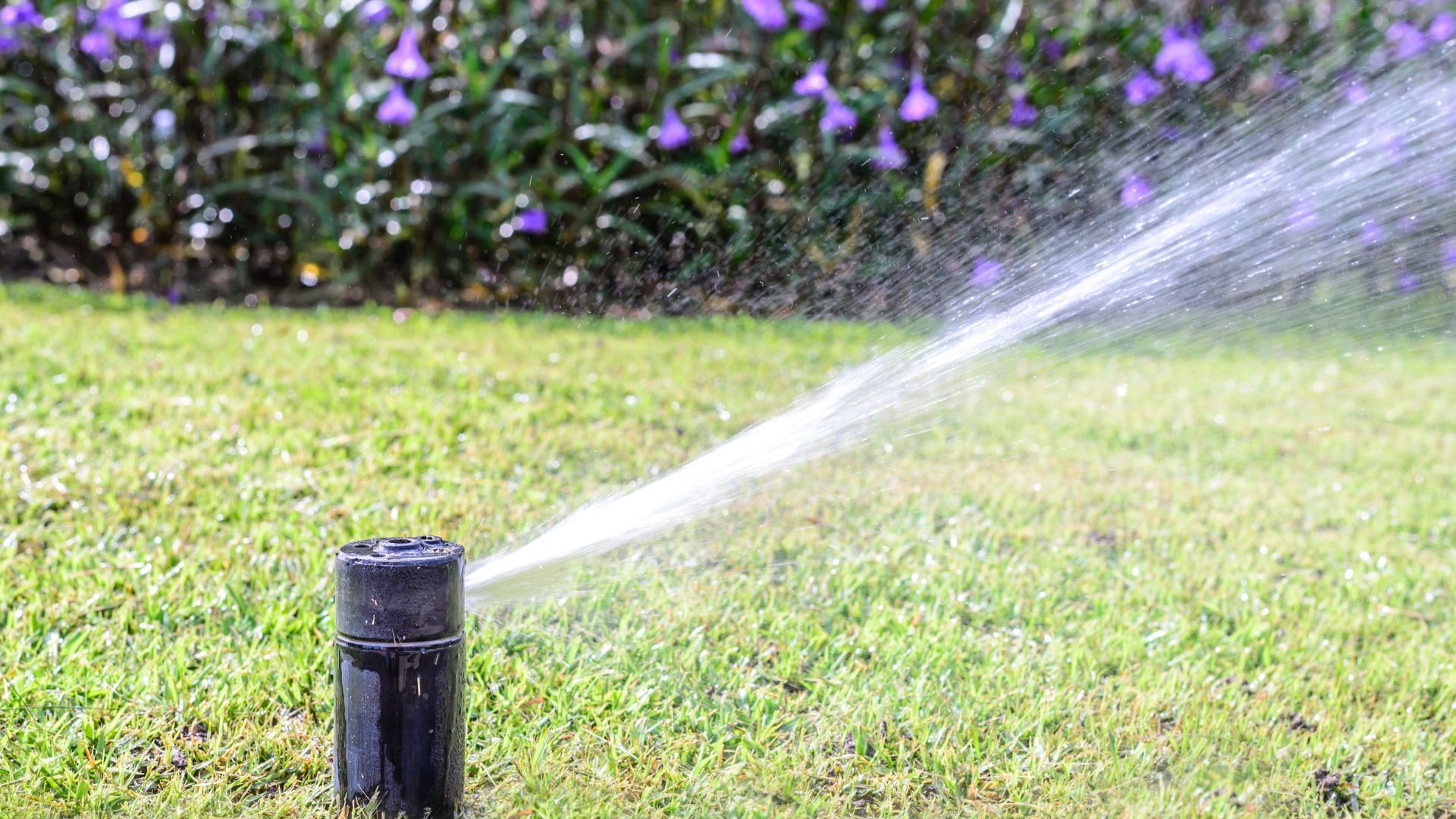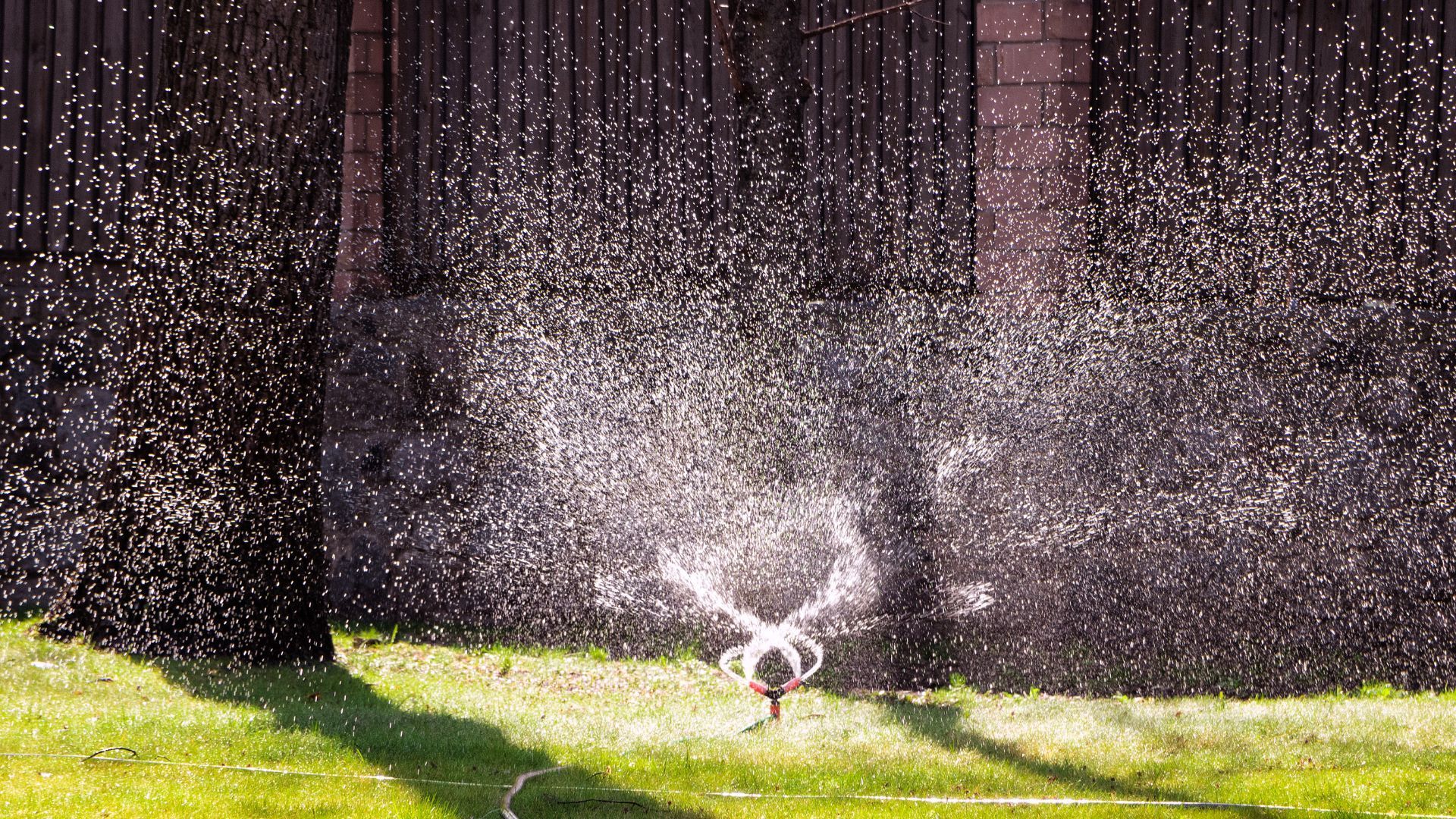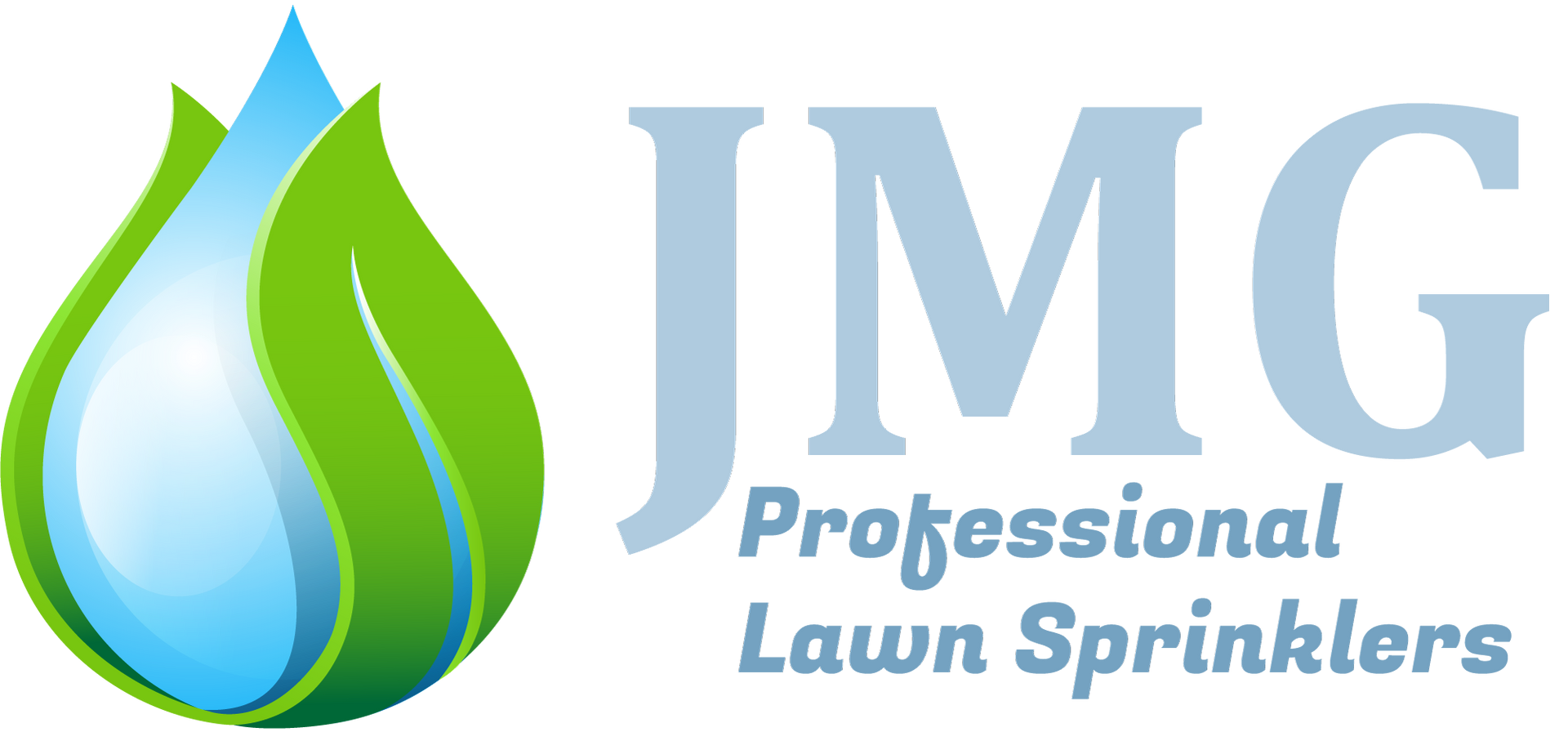Sprinkler System Advantages in Rhode Island: Comparing Automated Irrigation vs Traditional Watering Methods
Manual watering with hoses and cans often wastes up to 50 percent of irrigation water in Rhode Island’s humid continental climate, driving higher water bills and uneven lawn health. This guide on sprinkler system advantages in Rhode Island explains why automated irrigation delivers precise, time-saving water management compared to traditional watering methods. You’ll discover:
- What manual watering entails and its local limitations
- How automated sprinkler systems improve efficiency, save water, and comply with regulations
- Installation, maintenance, and cost considerations specific to Rhode Island
- Best practices for seasonal care and selecting the ideal system for your property
- Environmental and aesthetic gains that boost lawn vitality and curb appeal
By mapping common challenges to advanced solutions, this article unifies every section under the promise of greener lawns and smarter water use.
What Are Traditional Watering Methods and Their Limitations in Rhode Island?

Traditional watering methods refer to hand-held hoses, watering cans, and portable sprinklers that rely on manual scheduling, often resulting in overwatering or patchy coverage. Because homeowners must monitor time and rainfall, labor-intensive routines can lead to runoff and wasted resources. These inefficiencies highlight why automated irrigation offers a compelling alternative.
By understanding manual techniques, Rhode Island property owners can appreciate how precision sprinklers address water waste and lawn health concerns.
How to Do Manual Hose and Can Watering Affect Lawn Health and Water Use?
Manual hose and can watering deliver inconsistent hydration that can stress grass roots or cause waterlogging. Because flow rate and duration depend on human judgment, some areas receive excess water while others remain parched. Uneven moisture patterns promote shallow root growth, making lawns vulnerable during dry spells and driving up water consumption with repeated hand-watering cycles.
These factors set the stage for exploring how sprinkler systems deliver uniform irrigation across every zone.
What Are Common Problems with Traditional Watering, Like Overwatering, and Runoff?
Traditional watering frequently causes surface runoff, soil erosion, and nutrient leaching when the water application rate exceeds the infiltration capacity. Overwatering encourages fungal growth and surface puddling, while wind drifts from portable sprinklers wastes up to 20 percent of applied water. Runoff also carries fertilizers into storm drains, creating environmental concerns.
Recognizing these common issues underscores the need for controlled, efficient irrigation systems in Rhode Island.
How Do Rhode Island’s Climate and Water Restrictions Impact Traditional Watering?
Rhode Island’s annual rainfall of 39–54 inches reduces but does not eliminate summer irrigation needs, and many municipalities enforce watering schedules to conserve reservoirs. Towns like North Kingstown and Providence limit lawn irrigation to designated days and times, making manual watering inconvenient and non-compliant when rain events change. Homeowners risk fines or drought stress when schedules are missed.
These constraints demonstrate why a programmable sprinkler system can navigate local restrictions automatically.
How Do Sprinkler Systems Improve Lawn Irrigation Efficiency in Rhode Island?
Automated sprinkler systems use timed controllers, zone valves, and weather-sensing inputs to deliver precise water volumes, ensuring each turf zone receives the recommended one inch per week. By programming schedules based on local climate data, these systems reduce waste, prevent overwatering, and maintain optimal soil moisture for healthier grass growth.
Reliable automation transforms lawn care into a set-and-forget process that aligns with Rhode Island’s watering guidelines.
Before comparing cost and compliance, it helps to review the main system types and key components that drive efficiency gains in local installations.
What Types of Sprinkler Systems Are Available for Rhode Island Lawns?
Rhode Island homeowners can choose from pop-up spray heads, rotary impact sprinklers, and drip irrigation, each serving distinct turf and plant needs. Below is a comparative overview of common systems:
| System Type | Coverage | Ideal Use Case | Key Benefit |
|---|---|---|---|
| Pop-Up Spray | Short-to-medium radius | Lawns under ½ acre | Uniform spray pattern |
| Rotary Impact | Medium-to-large radius | Larger lawns and fields | Wind-resistant coverage |
| Drip Irrigation | Point-to-point | Flower beds and shrubs | Minimal evaporation |
How Do Smart Irrigation Controllers Save Water and Reduce Costs?

Smart controllers adjust irrigation based on real-time weather, soil moisture, and evapotranspiration data. By delaying cycles during rain or high humidity, they can save up to 30 percent of annual water use. Smartphone integration allows remote scheduling and seasonal adjustments, further reducing wasted cycles and lowering monthly water bills.
Water Conservation with Smart Controllers
Smart irrigation controllers can significantly reduce water usage by adjusting irrigation schedules based on real-time weather data and soil moisture levels. These systems can potentially save up to 30% of annual water consumption compared to traditional methods, contributing to more sustainable landscaping practices.
Environmental Protection Agency (EPA), WaterSense Program
This citation supports the article's claims about the water-saving capabilities of smart irrigation systems.
These intelligent controls bridge the gap between efficient technology and hands-free lawn management.
What Role Do Backflow Preventers and Filters Play in Rhode Island Sprinkler Systems?
Backflow preventers protect municipal water supplies by blocking contaminated irrigation water from re-entering the public network, a requirement under Rhode Island plumbing codes. Self-cleaning filters guard against mineral buildup common with well water systems. Together, these components ensure system longevity, regulatory compliance, and safe water reuse.
Proper installation of these devices underpins both performance and local code adherence.
What Are the Cost Considerations for Installing and Maintaining Sprinkler Systems in Rhode Island?
Investing in an automatic sprinkler system involves upfront installation costs, ongoing maintenance, and potential long-term savings on water bills and property value. Factoring labor, materials, and hydronic design complexity help homeowners forecast budgets and return on investment for a system tailored to Rhode Island’s climate.
How Much Does Sprinkler System Installation Typically Cost in Rhode Island?
Installation expenses range from $700 to $1,000 per zone, with a 3–5 zone residential system averaging $2,200–$4,900. Key cost drivers include trenching depth, controller sophistication, and backflow/preventer assemblies required by local codes.
| Entity | Attribute | Value | |
|---|---|---|---|
| 3-Zone Residential System | Installation Range | $2,200 – $3,500 | |
| 5-Zone Residential System | Installation Range | $3,000 – $4,900 | |
| Cost per Zone | Price | $700 – $1,000 | |
| High-End Smart Controller | Add-On | $250 – $450 |
What Are the Ongoing Maintenance and Repair Costs for Sprinkler Systems?
Annual maintenance, including winterization and spring start-up, typically runs $150–$300, while hourly repair rates for licensed technicians average $75–$100. Routine tasks such as head adjustment, leak detection, and filter cleaning prevent costly breakdowns and water waste.
Regular servicing through our licensed irrigation contractors ensures peak performance and extends system lifespan.
How Does Investing in a Sprinkler System Affect Long-Term Water Bills and Property Value?
Automated irrigation can lower outdoor water use by up to 15,000 gallons annually, translating into savings of $100–$200 per year. Enhanced curb appeal and healthier turf boost resale value by an estimated 5 percent. Over a ten-year horizon, ROI often surpasses initial installation costs while elevating home marketability.
These financial benefits underscore sprinkler systems as both practical and value-adding improvements.
How Do Sprinkler Systems Support Water Conservation and Compliance with Rhode Island Regulations?
Automated systems integrate local watering schedules and rain sensor shut-offs to meet municipal restrictions without manual oversight. By aligning with Rhode Island Water Resources Board guidelines, homeowners conserve water and avoid fines, all while maintaining lush landscapes.
Rhode Island Water Restrictions and Sprinkler Systems
Many municipalities in Rhode Island have implemented watering restrictions to conserve water resources. Automated sprinkler systems, particularly those with smart controllers and rain sensors, can be programmed to comply with these regulations, avoiding potential fines and ensuring efficient water use.
Rhode Island Water Resources Board, Lawn Irrigation Guidelines (2024)
This citation validates the article's discussion of local water restrictions and how sprinkler systems can help homeowners comply with them.
What Are Rhode Island’s Lawn Watering Restrictions and How Do Sprinkler Systems Help?
Many towns restrict irrigation to alternate days and morning hours. Smart controllers and rain sensors automatically suspend or adjust watering to match these regulations, ensuring compliance without homeowner intervention.
Automating these rules eliminates guesswork and prevents accidental violations.
How Much Water Can Smart Sprinkler Systems Save Compared to Traditional Methods?
Studies show smart sprinklers reduce outdoor water use by up to 30 percent versus manual hose watering. Typical savings range from 10,000 to 15,000 gallons per home annually, supporting sustainable landscaping practices in Rhode Island’s variable climate.
These substantial reductions reinforce the environmental advantage of intelligent irrigation.
What Guidelines Does the Rhode Island Water Resources Board Provide for Lawn Irrigation?
The Rhode Island Water Resources Board recommends:
- Applying no more than 1 inch of water per week
- Watering only between 5 a.m. and 9 a.m. on designated days
- Installing rain shut-off sensors on all automated systems
Following these directives ensures efficient resource use and healthy turf growth.
How Should Rhode Island Homeowners Choose the Right Sprinkler System for Their Property?
Selecting an optimal system involves assessing property size, usage patterns, and regulatory compliance. By weighing these factors, homeowners can decide on head type, zone layout, and controller features that match both aesthetic goals and conservation mandates.
What Factors Determine the Best Sprinkler System Type for Residential vs Commercial Properties?
Residential properties often require pop-up spray heads for small to medium lawns, while commercial landscapes benefit from rotary impact sprinklers for larger zones. Commercial systems may also include multiple pump stations and pressure-regulating valves for extensive coverage.
Matching system scale and component durability to property demands ensure reliable performance.
How to Do Lawn Size, Soil Type, and Climate Influence Sprinkler System Design?
Sandy soils drain quickly and may need shorter, more frequent cycles, whereas clay soils require slower application to avoid runoff. Larger yards demand multiple zones to balance water pressure. Rhode Island’s humid continental climate calls for seasonally adjustable schedules to capitalize on rainfall patterns.
Designing around these site-specific conditions optimizes root hydration and prevents waste.
When Should Homeowners Hire Licensed Irrigation Contractors in Rhode Island?
Homeowners should engage licensed contractors for complex installations, compliance-driven backflow device setup, and annual system certification. Professional expertise minimizes installation errors and ensures adherence to Rhode Island plumbing and environmental regulations.
Partnering with certified technicians delivers peace of mind and code-compliant systems.
What Are the Best Practices for Sprinkler System Maintenance and Seasonal Care in Rhode Island?
Consistent seasonal maintenance safeguards system integrity and maximizes water savings. Winterization, spring startup, and mid-season inspections each play a critical role in preventing freeze damage and nozzle blockages.
How to Winterize and Prepare Sprinkler Systems for Rhode Island Winters?
To prevent freeze damage, drain valves and blow out lines with compressed air, then insulate above-ground components. Shut off the main water supply and remove any inline filters to avoid cracking. Proper winterization preserves piping and ensures a smooth spring reactivation.
Completing this step readies your system for Rhode Island’s cold months.
What Are Common Sprinkler System Problems and How Are They Repaired?
Irrigation systems can develop leaks, clogged nozzles, and electrical controller faults. Licensed technicians detect broken heads, repair valve
assemblies, and recalibrate controllers to restore uniform coverage and prevent water loss.
Timely repairs maintain efficiency and avoid landscape damage.
How to Perform Spring Start-Up and Preventive Maintenance for Optimal Performance?
After winter, restore water flow, test each zone, and inspect for leaks or misaligned heads. Clean filters, verify backflow preventers, and update controller settings to match seasonal evapotranspiration rates. Preventative checks ensure reliable operation throughout Rhode Island’s growing season.
Regular spring commissioning establishes consistent irrigation rhythms.
What Are the Environmental and Aesthetic Benefits of Sprinkler Systems Over Traditional Watering?
Automated sprinkler systems deliver uniform moisture that promotes deeper root development and vibrant turf color. By optimizing application and timing, they reduce runoff pollution and support sustainable lawn management in Rhode Island’s delicate ecosystems.
How Do Sprinkler Systems Promote Healthier, Greener Lawns in Rhode Island’s Climate?
Consistent irrigation cycles maintain soil moisture within the ideal 50–75 percent field capacity, fostering deep roots that withstand heat and drought. Even coverage prevents brown spots and encourages a dense, weed-resistant turf canopy.
Strong root systems lay the foundation for year-round lawn resilience.
How Do Automated Systems Reduce Water Waste and Support Sustainable Landscaping?
By integrating rain sensors and weather-based controllers, sprinkler systems avoid unnecessary watering during rain events and adapt to seasonal shifts. This precision reduces water waste by up to 30 percent, lowering environmental impact and preserving local water resources.
Eco-friendly landscaping practices align with Rhode Island’s conservation goals.
Can Sprinkler Systems Increase Property Value and Curb Appeal in Rhode Island?
A professionally installed irrigation system signals landscape investment and care, often boosting home resale value by 5 percent or more. Lush, uniformly green lawns enhance curb appeal and create welcoming outdoor environments.
These long-term aesthetic and financial returns affirm sprinkler systems as wise property upgrades.
Rhode Island property owners seeking reliable, water-efficient irrigation can contact JMG Sprinklers for a free consultation. Our licensed irrigation contractors bring over 37 years of expertise in system design, installation, maintenance, and repair, ensuring compliant, high-performance solutions for every lawn. Explore Rhode Island sprinkler system installation services or schedule routine maintenance today to experience the benefits of automated irrigation.
